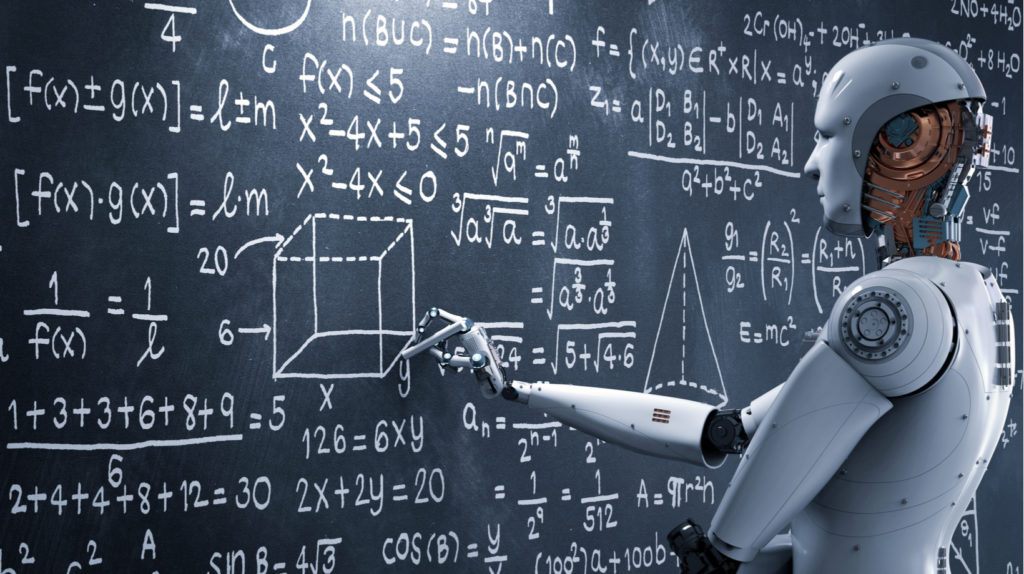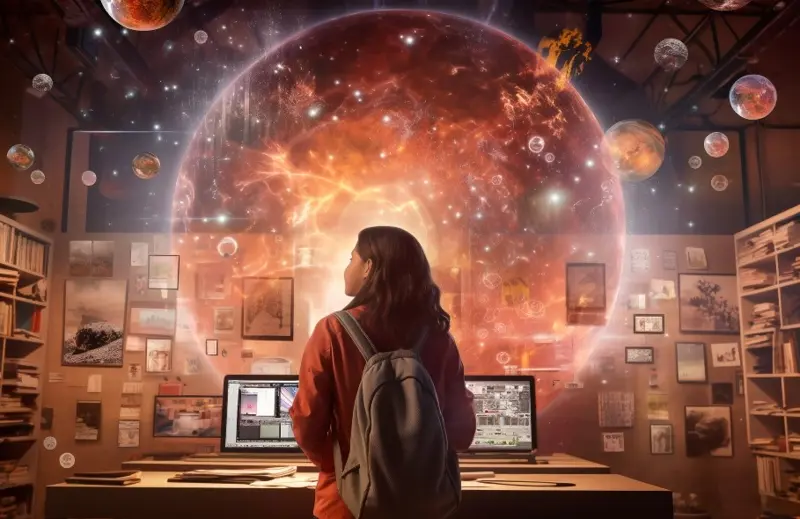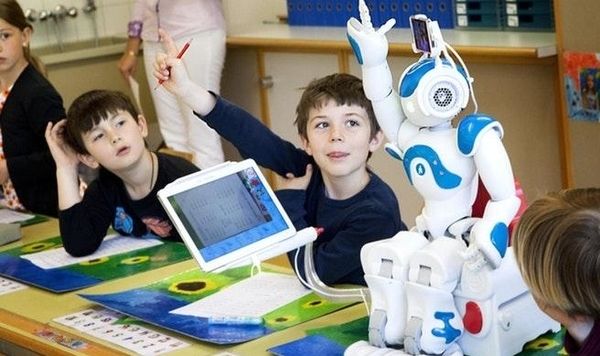AI in Schools: A Technological Boon or a Detriment to Human Touch?
Exploring the impact of AI on education, this article weighs the potential benefits and pitfalls of integrating technology with teaching, considering the delicate balance needed to preserve the human touch.

In a world increasingly dominated by digital innovation, the infiltration of artificial intelligence into education was inevitable. The recent advent of AI-enhanced schools has sparked a heated debate about whether this development represents a golden opportunity for educational advancement or a looming threat to the indispensable role of teachers.

AI promises tailored educational experiences, instantly adapting to the uniqueness of each student's learning journey. Proponents argue that AI can free teachers from mundane tasks, allowing them more time to focus on what humans do best: inspiring and nurturing young minds. Imagine a classroom where teachers, unburdened by administrative duties, can engage more deeply with students, fostering creativity and critical thinking.
However, this digital frontier is far from a utopian vision. It poses a genuine risk of eroding the quintessential human element that defines impactful education. Teachers are not just conduits of information but mentors, motivators, and emotional anchors. Can an algorithm genuinely replicate the spark of understanding in a child’s eye or the subtle encouragement needed to press on amid frustration?

Critics argue that an over-reliance on AI could lead to a sterile learning environment, devoid of the human intuition that senses when a student is struggling silently. The fear is that classrooms could become data points within a sophisticated system, where efficiency trumps empathy.
The Challenge
The challenge, therefore, lies in striking a delicate balance. AI’s integration into education should not seek to replace the irreplaceable but should be envisioned as a powerful tool that complements the irreplaceable human touch. The goal should be a harmonious partnership where technology enhances learning without overshadowing the teacher's pivotal role.

Ultimately, while AI has the potential to revolutionize education, it must be wielded with caution. Educators, policymakers, and innovators must collaborate to ensure that this technological boon does not inadvertently become a bane, preserving the heart of education that beats with human interaction, empathy, and inspiration.




